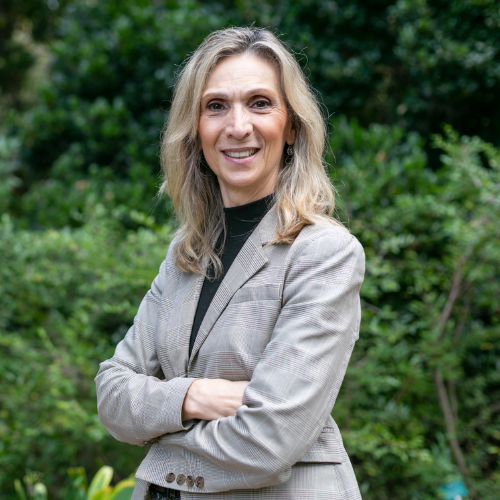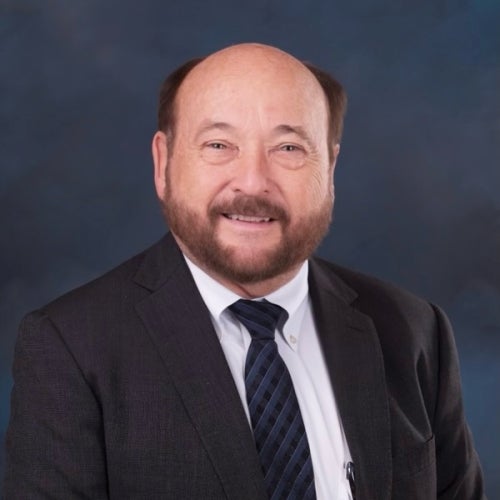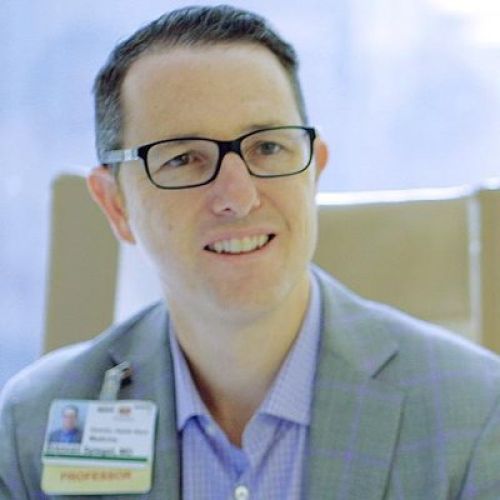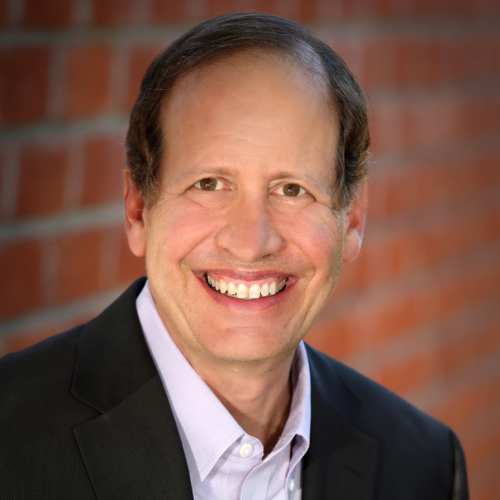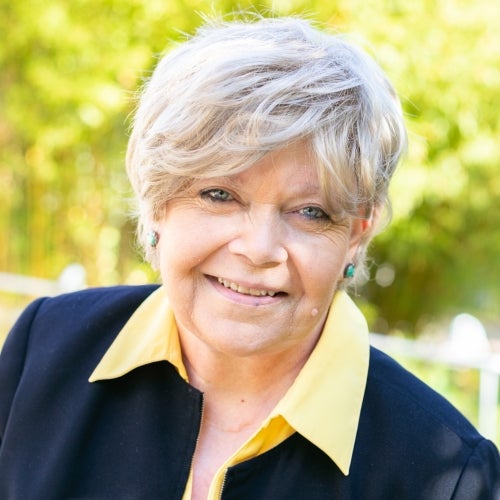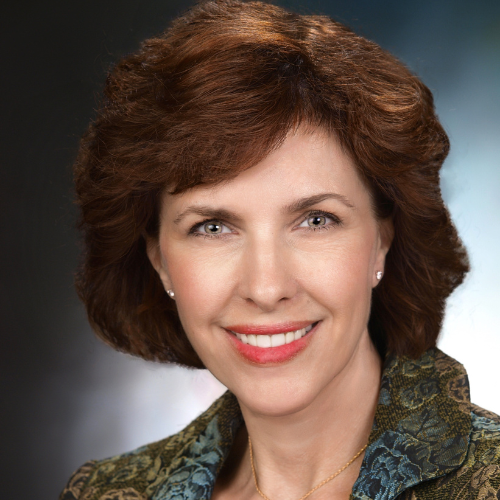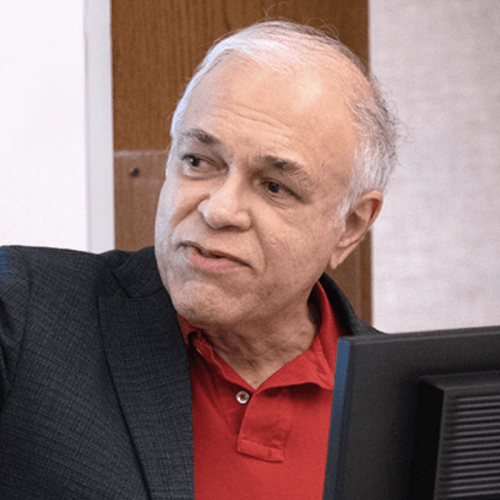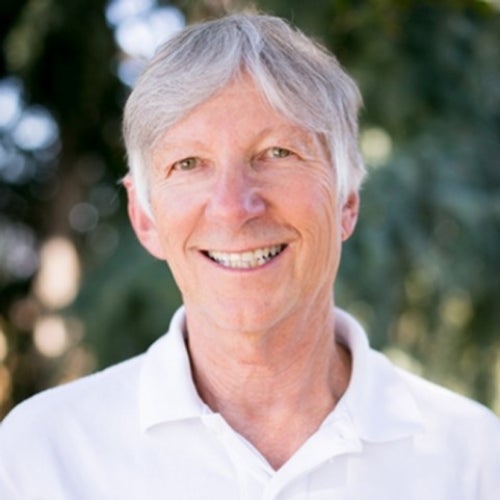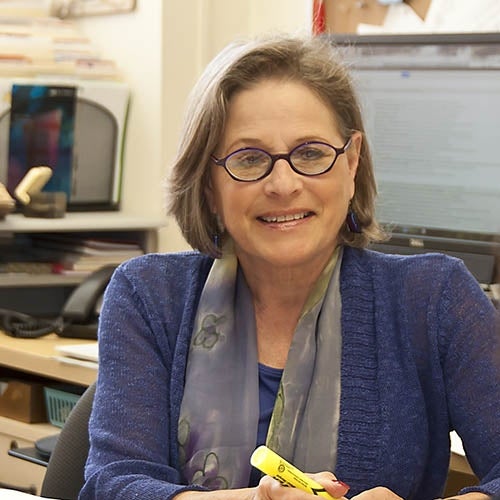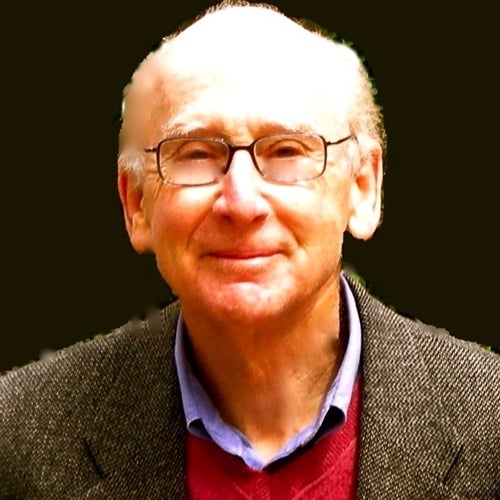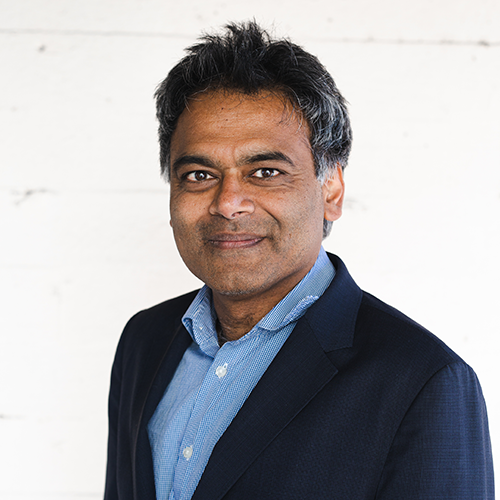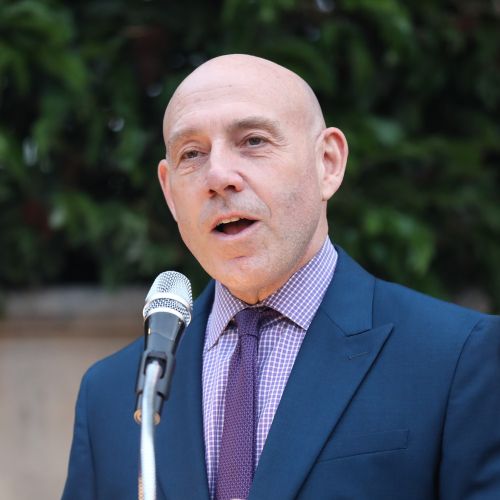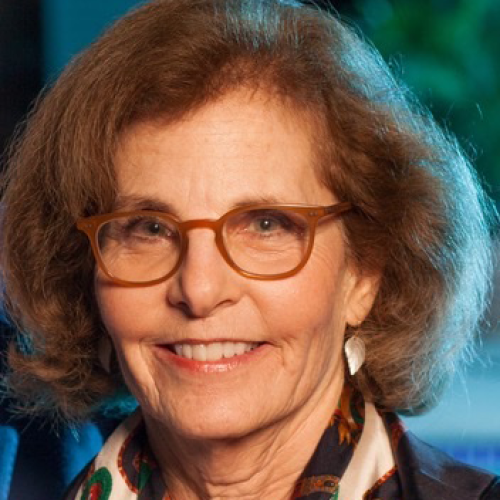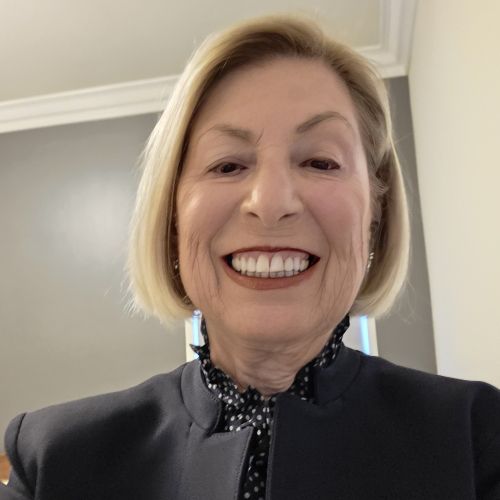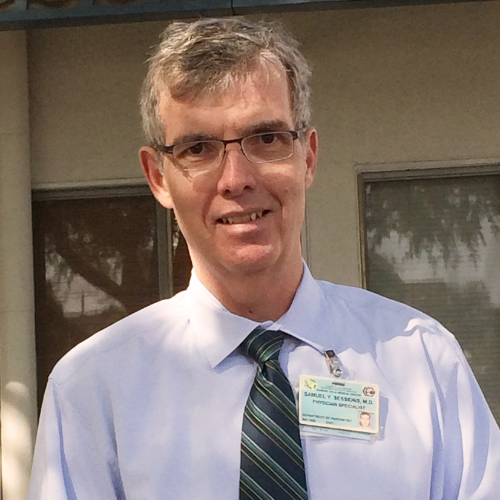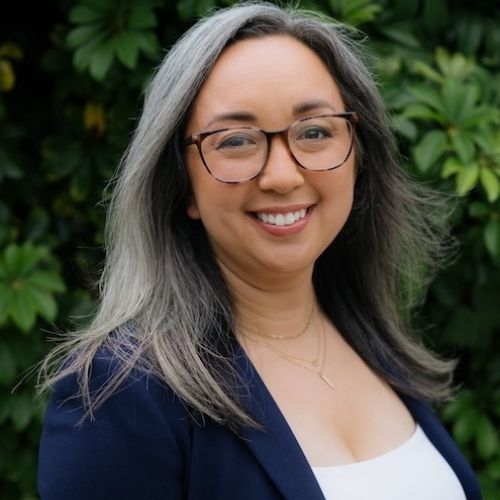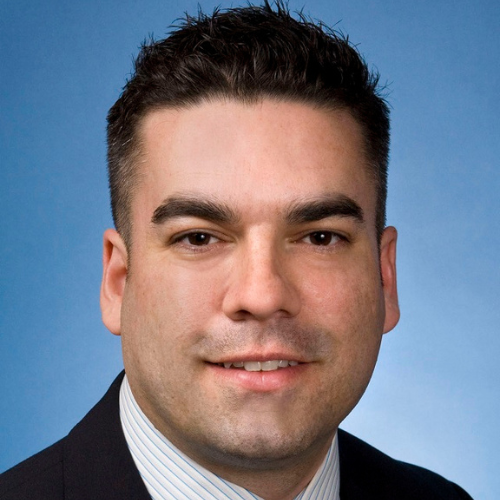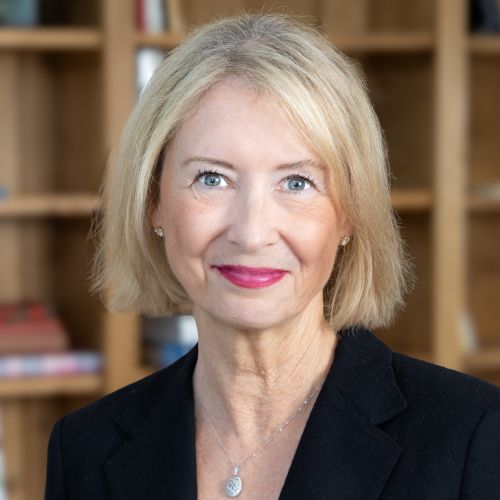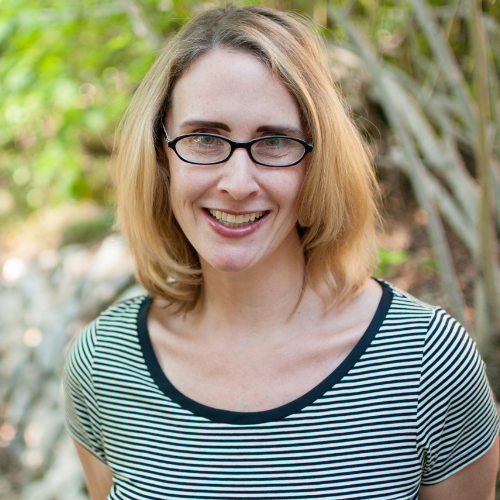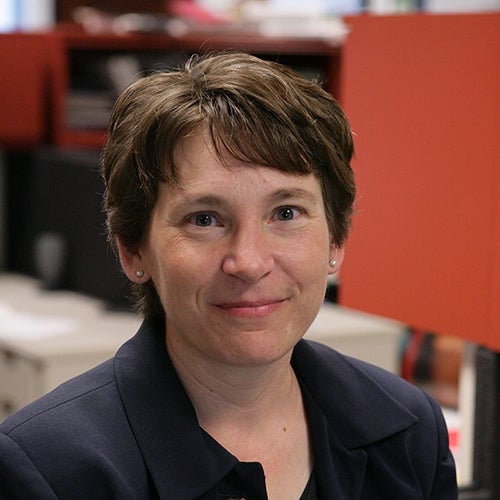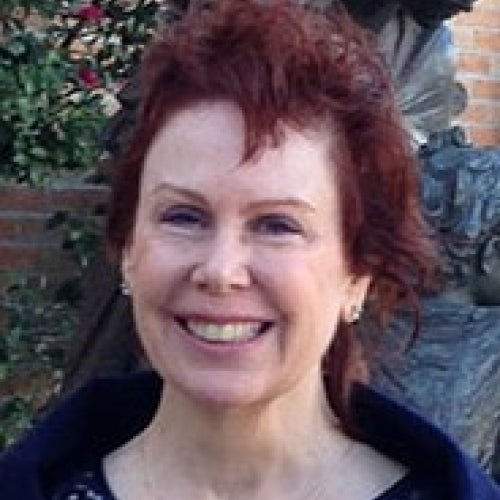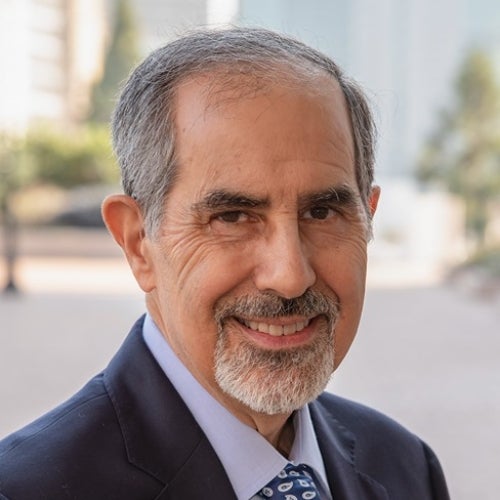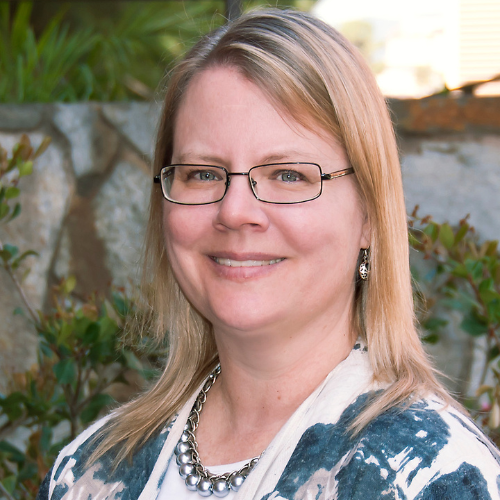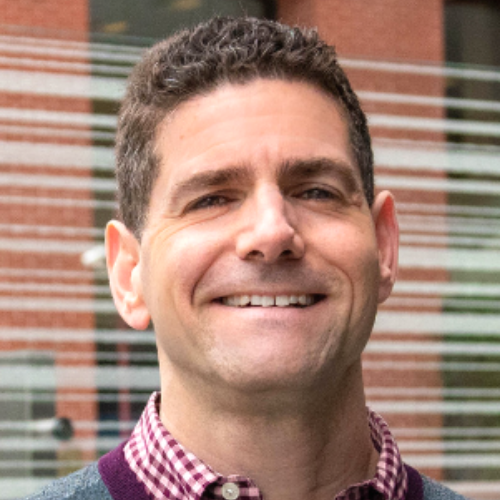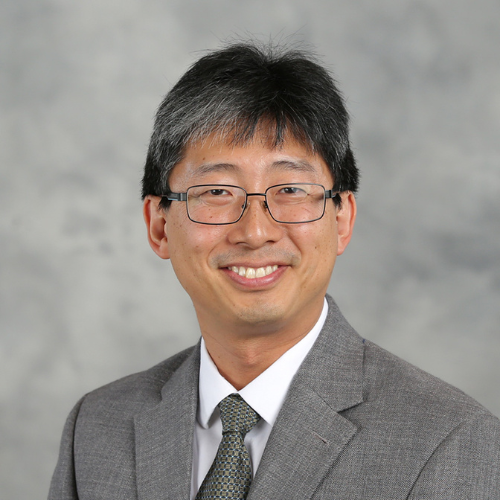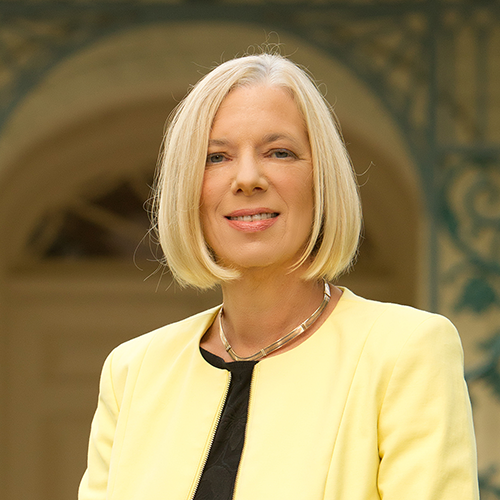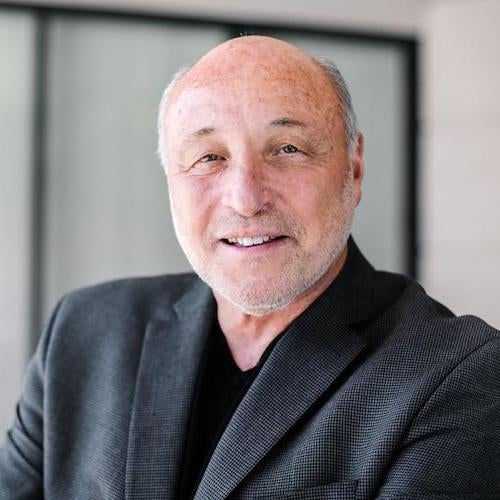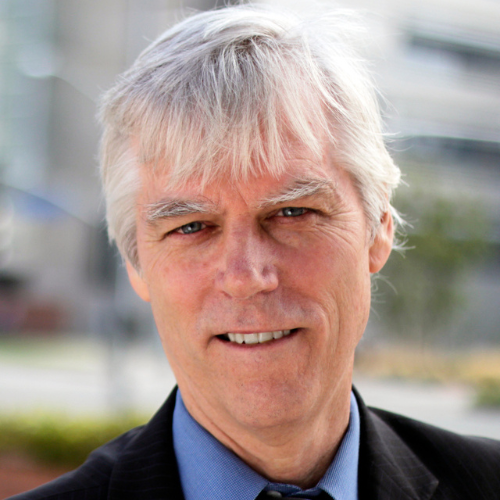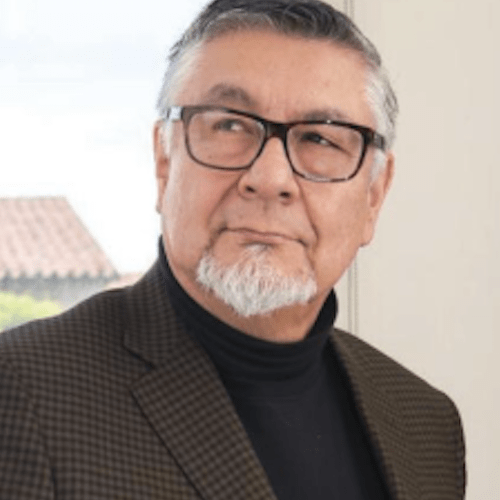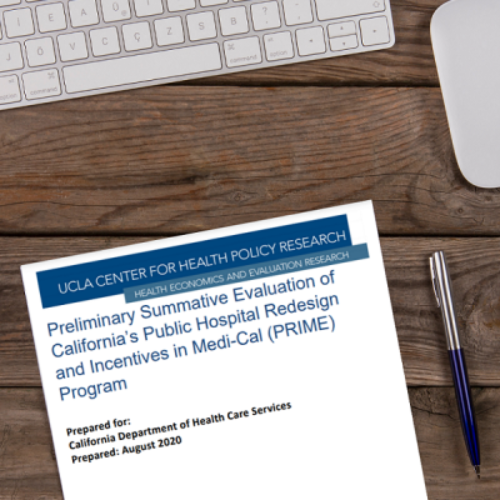UCLA report provides close look at state’s ‘Whole Person Care’ pilot health program
UCLA Center for Health Policy Research released findings that may improve health quality and outcomes for high-need, at-risk groups.

California in 2016 introduced its Whole Person Care program, a pilot project designed to integrate medical, behavioral health and social services for Medi-Cal patients who frequently accessed health services, incurred disproportionately high costs and had poor health outcomes.
With that program scheduled to end next year, FSPH's UCLA Center for Health Policy Research has published a policy brief that presents a detailed overview of the program — one the authors say could help inform future efforts to address the needs of high-risk groups.
The brief highlights several key characteristics of Whole Person Care — which comprises 25 local pilot programs covering 26 counties — including the populations targeted for enrollment, how each program identified and enrolled eligible individuals, how care coordination teams were structured, the types of services provided and the characteristics of enrollees.
“The data provide a roadmap for the creation of similar programs intended support low-income patients with high levels of unmet needs for nontraditional health services, such as care coordination,” said Dr. Nadereh Pourat, UCLA Fielding School professor of health policy and management, associate director at the center, and lead author of the brief. “Many of the strategies used by Whole Person Care pilots were innovative and have succeeded in engaging those enrolled in their care and addressing their needs.”
Whole Person Care was implemented in late 2016 by the California Department of Health Care Services and focused on high-need, high-cost patients populations, including individuals with multiple emergency department visits and hospitalizations, multiple chronic conditions, and severe mental illness or substance use disorders, as well as people who had been recently incarcerated and those who were experiencing homelessness.
The pilot program was scheduled to end in December 2020 but was extended for an additional year due to the COVID-19 pandemic. Successful Whole Person Care strategies and services will ultimately be incorporated into a multiyear Department of Health Care Services statewide initiative called California Advancing and Innovating Medi-Cal, or CalAIM, which is set to launch in January 2022.
The UCLA policy brief provides key details on the operations of the 25 pilot programs throughout the state:
Services provided
- 16 programs provided services to multiple target populations.
- 16 used street- or shelter-based outreach approaches to identify eligible program participants.
- 21 used a community health worker or staff member whose life experiences were similar to the targeted participants and enrollees.
- 12 offered tenancy support, landlord incentives and funds to support housing placement.
Patient enrollment
- More than 109,000 individuals were enrolled (as of December 2018).
- Prior to enrollment, participants had an average of 2.1 emergency department visits per year.
- 66% had at least one chronic physical health condition.
- 46% were experiencing homelessness.
- 6% had previously been incarcerated.
Data from the brief show how pilots in different counties tailored their approaches to address community-specific needs. Los Angeles County, for instance, focused on all target patient groups and used several programs and forms of outreach, while Riverside County focused solely on the individuals involved with the justice system, promoting coordination with probation staff to enroll those in jails and prisons prior to their release and using a dedicated care coordinator.
“Our goal is to provide data to bolster planning efforts for CalAIM, particularly those components that seek to utilize a whole-person care approach to health,” said Dr. Emmeline Chuang, Fielding School associate professor of health policy and management and a co-author of the brief. “Under CalAIM, Medi-Cal–managed care plans will provide these services statewide, and lessons learned from WPC pilots will play an important role in ensuring the success of this initiative.”
“Overall,” Pourat added, “the findings of the Whole Person Care evaluation show that addressing the fragmentation of our health care delivery system will take significant effort.”
By Elaiza Torralba
The UCLA Fielding School of Public Health, founded in 1961, is dedicated to enhancing the public's health by conducting innovative research, training future leaders and health professionals from diverse backgrounds, translating research into policy and practice, and serving our local communities and the communities of the nation and the world. The school has 631 students from 26 nations engaged in carrying out the vision of building healthy futures in greater Los Angeles, California, the nation and the world.
Faculty Referenced by this Article

Dr. Michelle S. Keller is a health services researcher whose research focuses on the use and prescribing of high-risk medications.

EMPH Academic Program Director with expertise in healthcare marketing, finance, and reproductive health policy, teaching in the EMPH, MPH, MHA program

Professor of Community Health Sciences & Health Policy and Management, and Associate Dean for Research
Nationally recognized health services researcher and sociomedical scientist with 25+ years' experience in effectiveness and implementation research.

Dr. Ron Andersen is the Wasserman Professor Emeritus in the UCLA Departments of Health Policy and Management.
